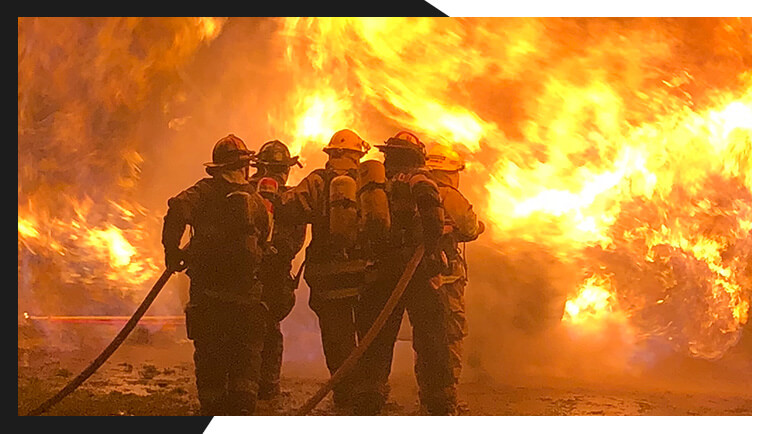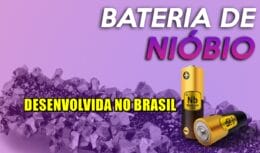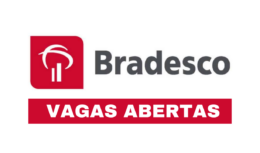
Organization that monitors daily occurrences of fire in Brazil counted 252 reports in eleven months
According to the Sprinkler Brasil Institute (ISB), a non-profit organization that aims to disseminate the use of sprinklers in fire prevention and firefighting systems in Brazilian commerce, news of structural fires in the country's industries increased from May 2021 to April of this year. Through daily monitoring of news related to fires throughout the national territory, the institute captured 252 occurrences of structural fires in industries in this period alone – an increase of 17% compared to the previous period, of 216 news.
Recently, two Brazilian industries suffered from major fires: a plastics manufacturer located in Guarulhos, São Paulo, and a cement manufacturer in Quixeré, Ceará. In recent years, cases in Mato Grosso do Sul, Paraná and Rio Grande do Norte, for example, also gained prominence, which has triggered a warning signal for failures in security and prevention measures.
“These recent occurrences show that there is indifference and lack of interest on the part of many professionals in fire safety”, comments Marcelo Lima, general director of the ISB. For him, there are “many people who prefer to turn a blind eye, or think that the company will never be affected by this situation. But it's always good to hit the key: prevention is always better than cure, especially when it comes to fire. If the people who are responsible for the security of companies were aware of the importance of using sprinklers, without a doubt this type of occurrence would have already diminished”, says Lima.
structural fire
The recorded signs are called “structural fires”, that is, those that could have been circumvented by installing sprinklers and that occur in warehouses, hotels, hospitals, public buildings, schools, museums, among others. The ISB, however, does not include residential fires in the data, which although they are also structural, are not monitored due to fire safety legislation: the law does not apply to single-family homes, where the highest number of cases occur.
State firefighting legislation is up to date. The one in São Paulo is one of the most advanced in Brazil, serving as a model for other states. As Lima explains, “the question is how to apply it correctly. The state requires the installation of fire systems, but does not make any requirements regarding the level of quality of the equipment. There is no certification except for fire extinguishers. That's why we have systems installed that fully comply with the legislation, but that probably won't work; and this will only be discovered at the worst moment, during a fire occurrence”, he concludes.
Use of sprinklers in companies it is still rare
At the request of the ISB, a survey carried out by the Ipsos Institute, among multinational and nationally owned companies with more than 250 employees, revealed that the degree of adoption of sprinklers in companies is low. Only 36% of the 300 companies interviewed by Ipsos said they had such systems in their facilities.
The survey also shows that only 14% of the interviewees said they had a system of this type in all units, while 22% declared having the system in some operational units.
According to research, the use of sprinklers is higher among multinationals: 48% of foreign companies with operations in the country said they have them in their operations. Among national companies, the number is 34%.
The size also influences the adherence to this type of technology. The percentage of use of sprinklers in companies with more than 500 employees it is 45%. In smaller companies, from 250 to 499 employees, the index drops to 28%.
About the ISB (Sprinkler Brazil Institute)
Instituto Sprinkler Brasil (ISB) is a non-profit organization whose mission is to promote the use of sprinklers, also known as automatic showers, in fire prevention systems in industrial and commercial installations. Founded in 2011, the ISB defends the use of this technology as the most effective measure to avoid human and material losses.












Air Force F-16 fighters…
True friend, what they shot down were…
Air Force F-16 fighters…
I would like to know what planet you live on…
Air Force F-16 fighters…
Which genocide are you talking about? Than…
Air Force F-16 fighters…
Everything is fine, 100-year secrecy,…
Air Force F-16 fighters…
Well... It's flying scrap... Typical...
Aprimorar o meu ongkes para viagens
I want to improve my ingkes so I can…
I want to be a sales manager
True, billions for the political machine alone,…
I am an Electrician Transmission, Distribution, Building, Industrial, Assembly, Control…
I've never seen a coup without weapons
I used one of these when I was a kid.…
I would really like to go